Saol Therapeutics today announced that the U.S. Food and Drug Administration (FDA) has approved Saol's Lyvispah (baclofen) oral granules.
Lyvispah (lye-vis'-pah) is indicated for the treatment of spasticity resulting from multiple sclerosis, particularly for the relief of flexor spasms and concomitant pain, clonus, and muscular rigidity. Lyvispah may also be of some value in patients with spinal cord injuries and other spinal cord diseases. Lyvispah is a strawberry-flavored, dissolvable granular formulation of baclofen and will be available for patients 12 years and above in 5mg, 10mg, and 20mg packets. Unlike other formulations of baclofen, it is approved for administration with or without water, with soft foods and with enteral feeding tubes.
Patients suffering from spasticity may concurrently develop swallowing difficulties. Nearly one million people in the United States are living with multiple sclerosis1, and the prevalence of spasticity within this patient population has been estimated to be as high as 67%2. Additionally, the prevalence of dysphagia in the multiple sclerosis population has been reported to be between 34-43%3,4, with aspiration pneumonia frequently cited as a contributing factor in deaths of these patients5.
Dr Michael Saulino, Chair of Physical Medicine and Rehabilitation at Cooper University Hospital commented, "Lyvispah represents an important treatment option for individuals with spasticity who have dysphagia. The bioequivalence between Lyvispah and traditional oral baclofen products should allow for straightforward prescribing by clinicians who manage patients with both clinical problems."
David Penake, CEO of Saol Therapeutics stated, "We are tremendously excited by the approval of Lyvispah. Spasticity is a challenging condition to treat, and we have commonly heard that no two patients are alike. Because of this, clinicians stressed to us that there is a need for new formulations designed to benefit their patients who have difficulty swallowing. I'm incredibly proud of the work our team has done to get this approved, and our hope is that this is the first in the line of many new therapies we can bring to market to support health care providers and the patients they treat."
About Saol Therapeutics
Saol Therapeutics (pronounced "Sail") is a privately held, biopharmaceutical company with operations in Roswell, GA, Dublin, Ireland and Hamilton, Bermuda. Saol is focused on commercial and clinical development activity in CNS disorders such as spasticity, pain management, and orphan diseases. Saol is committed to providing and advancing therapeutic options for patients and the physicians treating these populations. For more information, visit www.saolrx.com.
About Lyvispah (baclofen) oral granules
Lyvispah is indicated for the treatment of spasticity resulting from multiple sclerosis, particularly for the relief of flexor spasms and concomitant pain, clonus, and muscular rigidity. Lyvispah may also be of some value in patient with spinal cord injuries and other spinal cord diseases. Lyvispah is a strawberry-flavored, dissolvable granular formulation of baclofen and will be available for patients 12 years and above in 5mg, 10mg, and 20mg packets.
Wallin MT, Culpepper WJ, Campbell JD, Nelson LM, Langer-Gould A, Marrie RA, Cutter GR, Kaye WE, Wagner L, Tremlett H, Buka SL, Dilokthornsakul P, Topol B, Chen LH, LaRocca NG; US Multiple Sclerosis Prevalence Workgroup. The prevalence of MS in the United States: A population-based estimate using health claims data. Neurology. 2019 Mar 5;92(10):e1029-e1040. doi: 10.1212/WNL.0000000000007035. Epub 2019 Feb 15. Erratum in: Neurology. 2019 Oct 8;93(15):688. PMID: 30770430; PMCID: PMC6442006.
McGuire JR. epidemiology of Spasticity in the Adult and Child. In: Brashear A, Elovic, eds. Spasticity. 2 ed. New York: Demos Medical; 2016: 5-15.
Calcagno P, Ruoppolo G, Grasso MG, De Vincentiis M, Paolucci S. Dysphagia in multiple sclerosis - prevalence and prognostic factors. Acta Neurol Scand. 2002 Jan;105(1):40-3. doi: 10.1034/j.1600-0404.2002.10062.x. PMID: 11903107.
Aghaz A, Alidad A, Hemmati E, Jadidi H, Ghelichi L. Prevalence of dysphagia in multiple sclerosis and its related factors: Systematic review and meta-analysis. Iran J Neurol. 2018 Oct 7;17(4):180-188. PMID: 31210903; PMCID: PMC6555886.
Harding K, Zhu F, Alotaibi M, Duggan T, Tremlett H, Kingwell E. Multiple cause of death analysis in multiple sclerosis: A population-based study. Neurology. 2020 Feb 25;94(8):e820-e829. doi: 10.1212/WNL.0000000000008907. Epub 2020 Jan 13. PMID: 31932517; PMCID: PMC7136054.
IMPORTANT SAFETY INFORMATION
Lyvispah (baclofen) oral granules
Indications and Usage
Lyvispah (baclofen) oral granules is a muscle relaxant and antispastic that is indicated for the treatment of spasticity resulting from multiple sclerosis, particularly for the relief of flexor spasms and concomitant pain, clonus, and muscular rigidity.
Lyvispah may also be of some value in patients with spinal cord injuries and other spinal cord diseases.
Limitations of Use
Contraindications
Select Warnings and Precautions
Abrupt discontinuation of baclofen has resulted in serious adverse reactions including death; therefore, reduce the dosage slowly when Lyvispah is discontinued.
Neonatal withdrawal can occur; gradually reduce the dosage and discontinue Lyvispah before delivery.
Lyvispah can cause drowsiness and sedation. Patients should avoid the operation of automobiles or other dangerous machinery until they know how the drug affects them. Advise patients that the central nervous system effects of Lyvispah may be additive to those of alcohol and other CNS depressants.
Lyvispah can cause exacerbation of the following: psychotic disorders, schizophrenia, or confusional states; autonomic dysreflexia; epilepsy. Use with caution in patients with these conditions.
Lyvispah should be used with caution in patients who have had a stroke.
Adverse Reactions
Serious Adverse Reactions
Advise patients and caregivers not to discontinue use of Lyvispah without consulting with their healthcare provider because sudden withdrawal of Lyvispah can result in serious complications that include hallucinations, seizures, high fever, confusion, muscle stiffness, multiple organ-system failure, and death. Inform patients that early symptoms of Lyvispah withdrawal may include increased spasticity, itching, and tingling of extremities. Abrupt discontinuation of baclofen, regardless of the cause, has resulted in adverse reactions that include hallucinations, seizures, high fever, altered mental status, exaggerated rebound spasticity, and muscle rigidity, that in rare cases has advanced to rhabdomyolysis, multiple organ-system failure, and death. Therefore, reduce the dosage slowly when Lyvispah is discontinued, unless the clinical situation justifies a rapid withdrawal.
Common Adverse Reactions
The most common adverse reactions (>1%) in patients treated with baclofen for spasticity are drowsiness, dizziness, weakness, nausea, confusion, hypotension, headache, insomnia, constipation, urinary frequency, and fatigue.
Drug Interactions
Use in Specific Populations
There are no adequate data on the developmental risks associated with the use of Lyvispah in pregnant women. Lyvispah should be used during pregnancy only if the potential benefit justifies the potential risk to the fetus.
Nursing mothers should exercise caution, as oral baclofen has been shown to pass into milk at therapeutic doses.
Withdrawal symptoms can occur in breastfed infants when maternal administration of Lyvispah is stopped, or when breastfeeding is stopped.
Safety and effectiveness in pediatric patients below the age of 12 have not been established.
In general, dose selection for an elderly patient should be cautious, usually starting at the low end of the dosing range, reflecting the greater frequency of decreased hepatic, renal, or cardiac function, and of concomitant disease of other drug therapy.
Because baclofen is primarily excreted unchanged through the kidneys, Lyvispah should be given with caution to patients with renal impairment, and it may be necessary to reduce the dosage.
For more information, refer to Lyvispah (baclofen) oral granules prescribing information, located at www.LYVISPAH.com/prescribinginformation.
To report SUSPECTED ADVERSE REACTIONS, contact Saol Therapeutics at toll-free phone 1-833 644-4216 or FDA at 1-800- FDA-1088 or www.fda.gov/medwatch.
Source: Saol Therapeutics





 ALL
ALL Pharma in China
Pharma in China Pharma Experts
Pharma Experts Market News
Market News Products Guide
Products Guide Brand Story
Brand Story
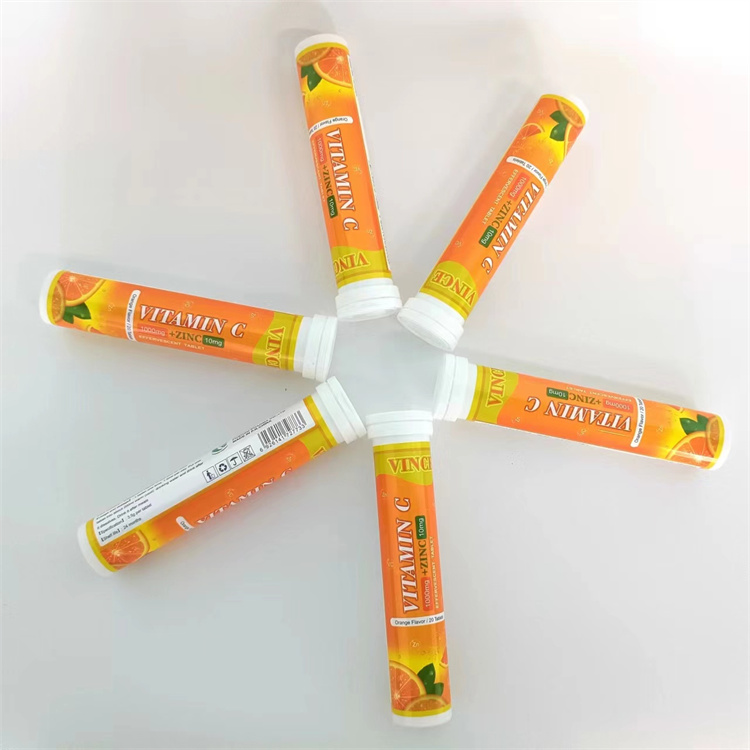
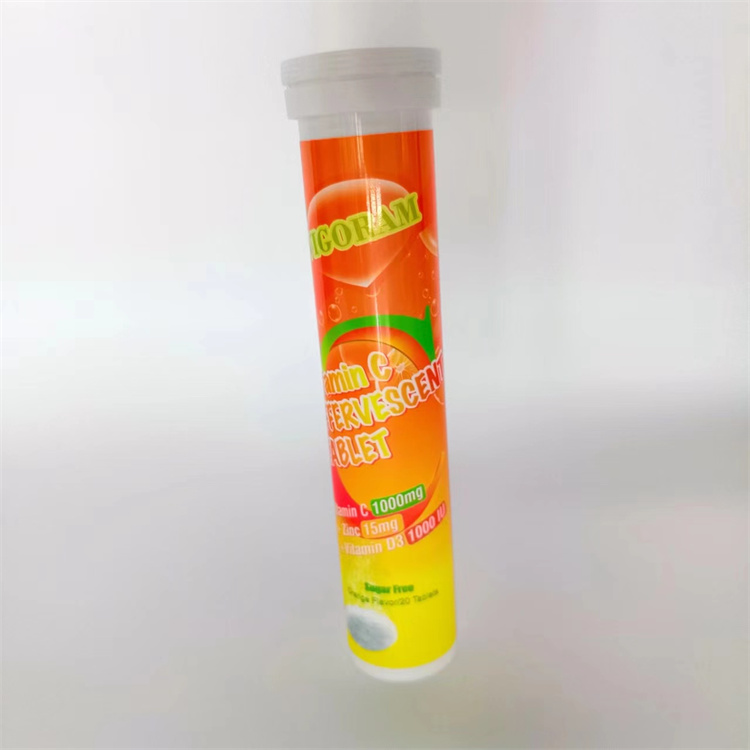
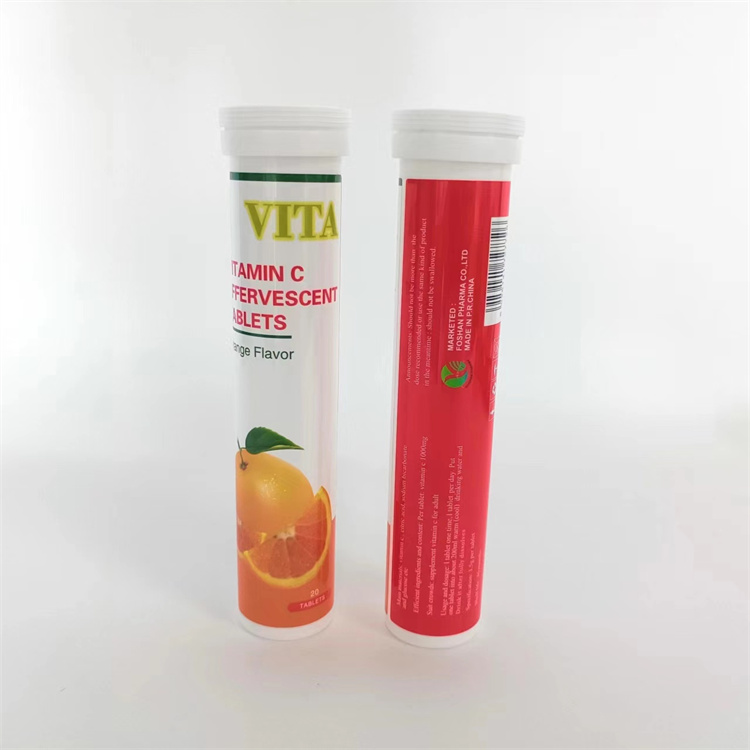













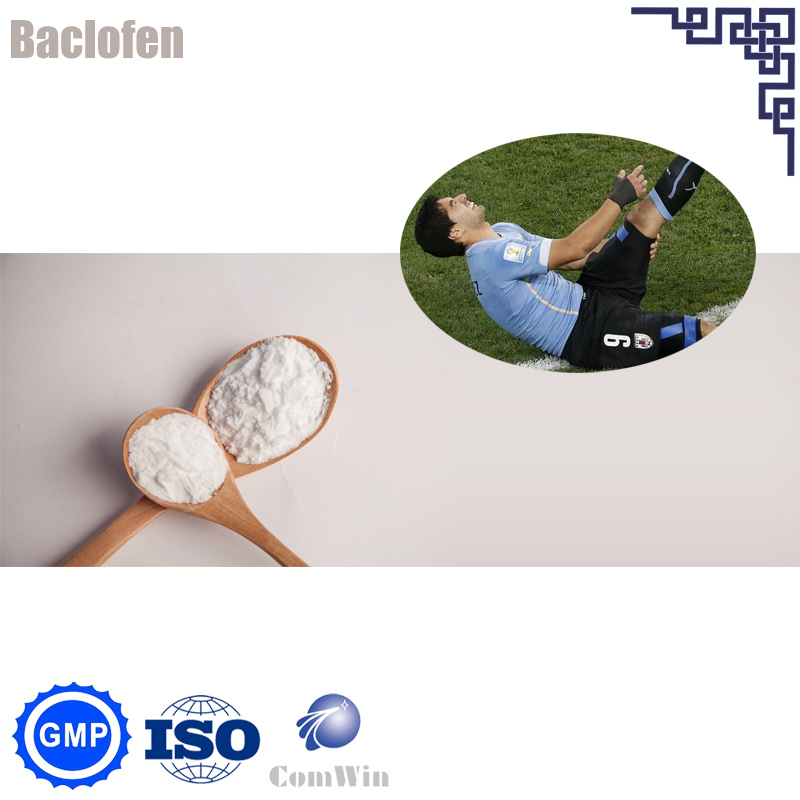
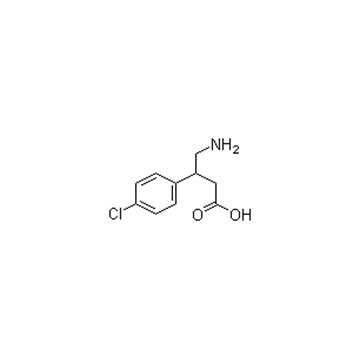
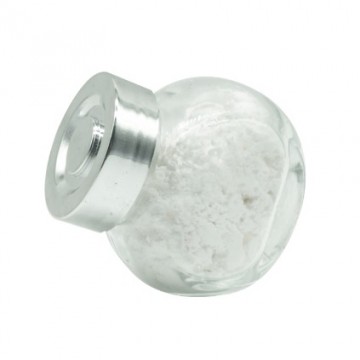
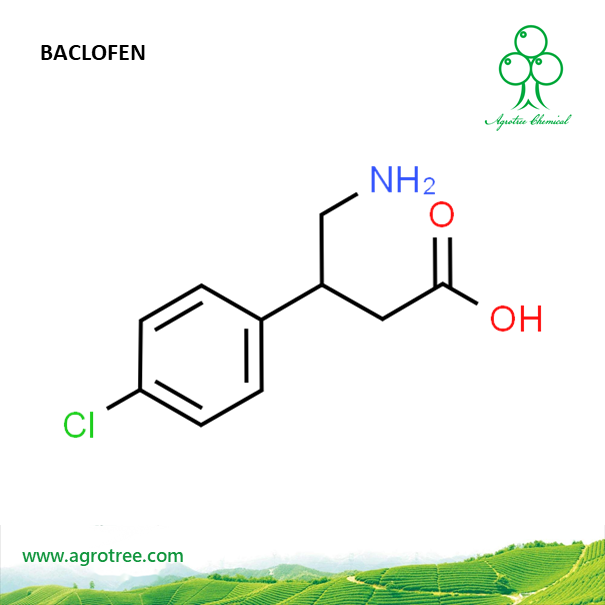

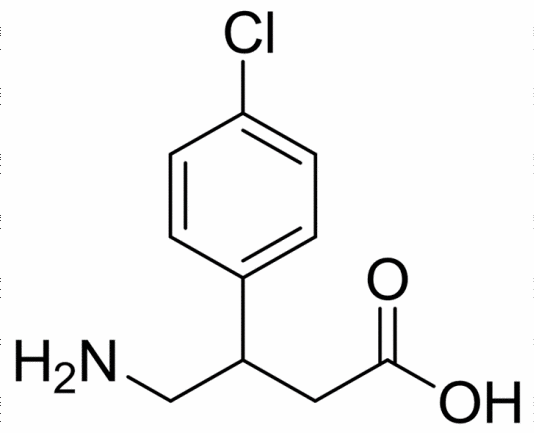
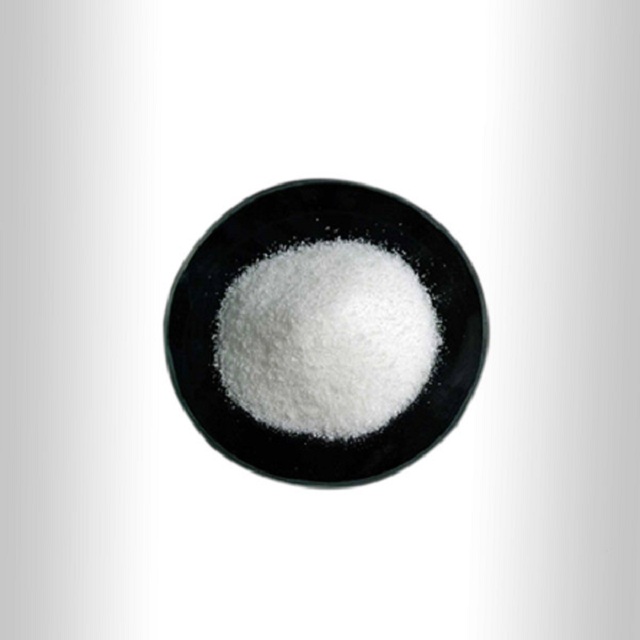

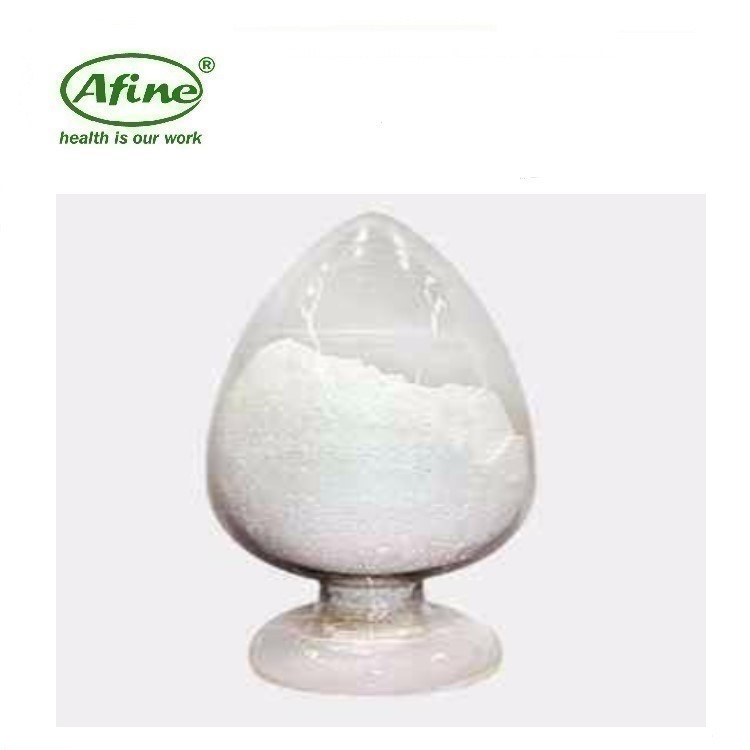





 Pharma Sources Insight January 2025
Pharma Sources Insight January 2025








